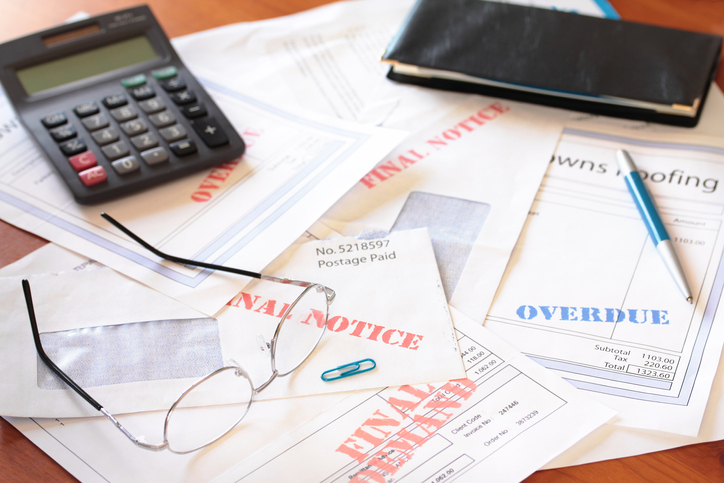
Permanently Eliminating Debt Through Chapter 13 Reorganization
It’s a common misperception that if you want to discharge debt, you have to file a Chapter 7 bankruptcy petition. Unfortunately, with the means test that’s required to qualify for Chapter 7, many people incorrectly believe they can’t discharge debt in bankruptcy. The reality—Chapter 13 actually allows you to discharge more debt than Chapter 7. Accordingly, the Chapter 13 discharge is commonly referred to as a “super discharge.”
Here are some of the debts that can only be discharged in a Chapter 13 bankruptcy filing:
- Marital property settlements that are not support obligations.
- Debts associated with willful or malicious torts, as long as the court has not entered a judgment on the debt.
- Debts from a prior Chapter 7 where a discharge was not allowed.
- Debts incurred to pay certain “nondischargeable” taxes, including payroll and sales tax.
- Debts that constitute restitution, under the condition that there’s no criminal conviction tied to the debt.
- Court fines and penalties.
- Debts resulting from fraudulent bank activity.
- Homeowner’s association fees.
- Some debts incurred for violation of securities laws.
There are, though, debts that still cannot be discharged in a Chapter 13, including:
- Debts tied to fraud claims.
- Debts that have not been listed on a bankruptcy filing.
- Debts associated with theft, conversion or breach of fiduciary duty.
- Debts arising out of a drunk driving accident causing injury or death.
- Debts arising from student loans or financial aid.
Contact Heath, Texas, Bankruptcy Attorney Carrie Weir
I offer a free initial consultation to all potential bankruptcy clients. Contact my office by e-mail or call me at 972-772-3083 for a private meeting. With offices in Rockwall, Texas, I represent clients in Heath, Greenville, Lavon, Wylie, Mesquite and Rowlett.








Speak Your Mind